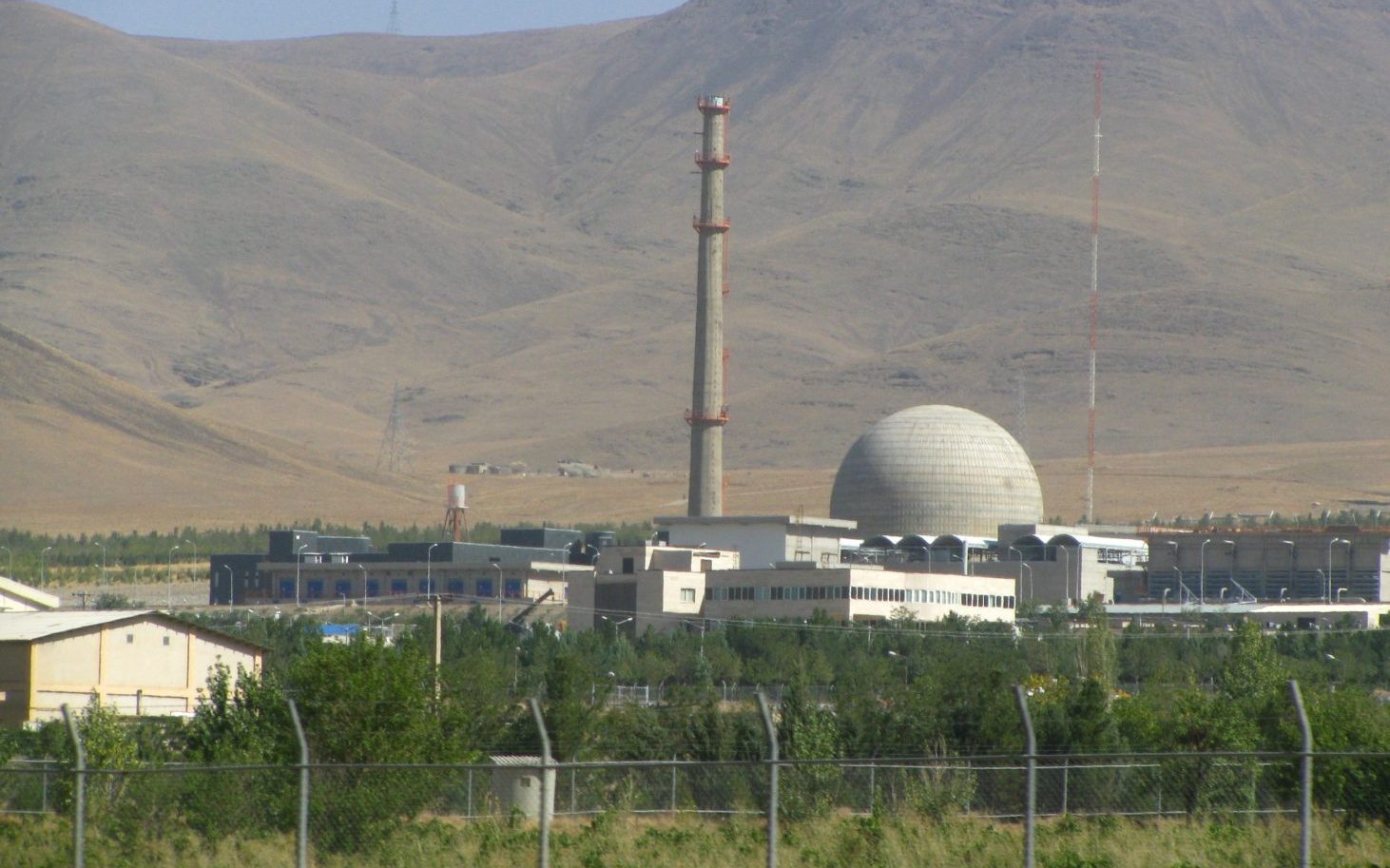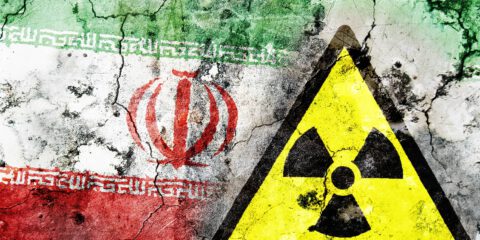Israel’s revelation of Iran’s nuclear deception aims to show the world that the 2015 deal with Iran must indeed be renegotiated in the interests of global peace.
Israel’s decision on Monday to reveal its incredible intelligence operation in Iran that procured the massive archive on “Project Amad” – the Iranian nuclear weapons project proving the extent of Iran’s deception on the “possible military dimensions” of its civil nuclear program in its 2015 nuclear deal with world powers – was made to influence the immediate and public struggle over what Europe’s position will be on Iran.
The American administration does not need to be convinced: National Security Adviser John Bolton, Secretary of State Mike Pompeo (until recently the head of CIA) and U.S. President Donald Trump himself see no differently on this matter than Prime Minister Benjamin Netanyahu. The Americans were not the reason why it is important to produce a dramatic media event. The situation is more complicated for the trio of skeptical European leaders: French President Emmanuel Macron, German Chancellor Angela Merkel and U.K. Prime Minister Theresa May.
But even before Israel’s decision to reveal Iran’s deception, a process of change began to emerge starting with Macron’s friendly visit to Washington and followed up in the framework of the coordination between France, Germany and the U.K. The detailed information Netanyahu presented Monday can potentially reinforce and hasten this process before the moment of truth in Washington and in European capitals, as Trump is expected to withdraw from the agreement on May 12 in an effort to bring Iran back to the negotiating table.
To reduce the discrepancies between the three European leaders and the American administration, as well as in an effort to convince the U.S. to remain in the existing agreement, the three are ready – after a long time opposed to any change – to push for a new, expanded deal, even if the idea greatly enrages the Iranians. In a speech in Washington, Macron outlined four pillars of such an agreement: first, preserving the status quo, which despite its weaknesses currently hinders the Iranian project, specifically enrichment; second, gaining leverage to end Iran’s ballistic missile program; third, a more vigorous international response than in the past to Iranian regional acts of subversion, from Yemen to Lebanon; fourth, and most importantly for all of us, because this is what will decide how the face of the region looks and what dangers stand before us in several years, is to demand that Iran discuss limitations on its nuclear program and the enrichment program after 2025.
It is on precisely this point that the Israeli intelligence “performance” could help. The revelation did not expose a smoking gun on violations of the deal concerning enrichment, because no such thing exists. It would be folly for the Iranians to pay a heavy price for doing now what they will be able to do unhampered in a few short years.
On the other hand, it does reveal a basic lie at the foundation of the agreement: the danger that will take form in 2025 when enrichment restarts on a large scale. Iran will then begin hoarding fissionable material once again, with the technical specifications on how to build explosive devices and nuclear bombs. Therefore, it is paramount to rewrite the components of the deal to provide an answer to this danger and, in effect, change its essence. For in Iranian eyes, the most important component of the deal is their freedom of action beginning in the middle of the next decade.
The Iranians were able to claim that Europe demands the impossible from them and is punishing them, despite their ostensibly standing by their commitments. The Israeli message is a way to negate this claim with solid evidence and hasten decision-making processes in governments and legislatures in European capitals. The current conditions offered no choice other than to present the information publicly to help create a political support base ahead of the difficult decisions before the political establishment in those key countries and ultimately in all of Europe and beyond. If an international apparatus is formed allowing to him to exert pressure effectively on Iran, Trump’s aim (and Israel’s as well) to fundamentally fix the agreement can become a reality.
Published in Israel Hayom 02.05.2018
JISS Policy Papers are published through the generosity of the Greg Rosshandler Family.
photo: By Nanking 2012 [CC BY-SA 3.0], from Wikimedia Commons









 - בניית אתרים
- בניית אתרים